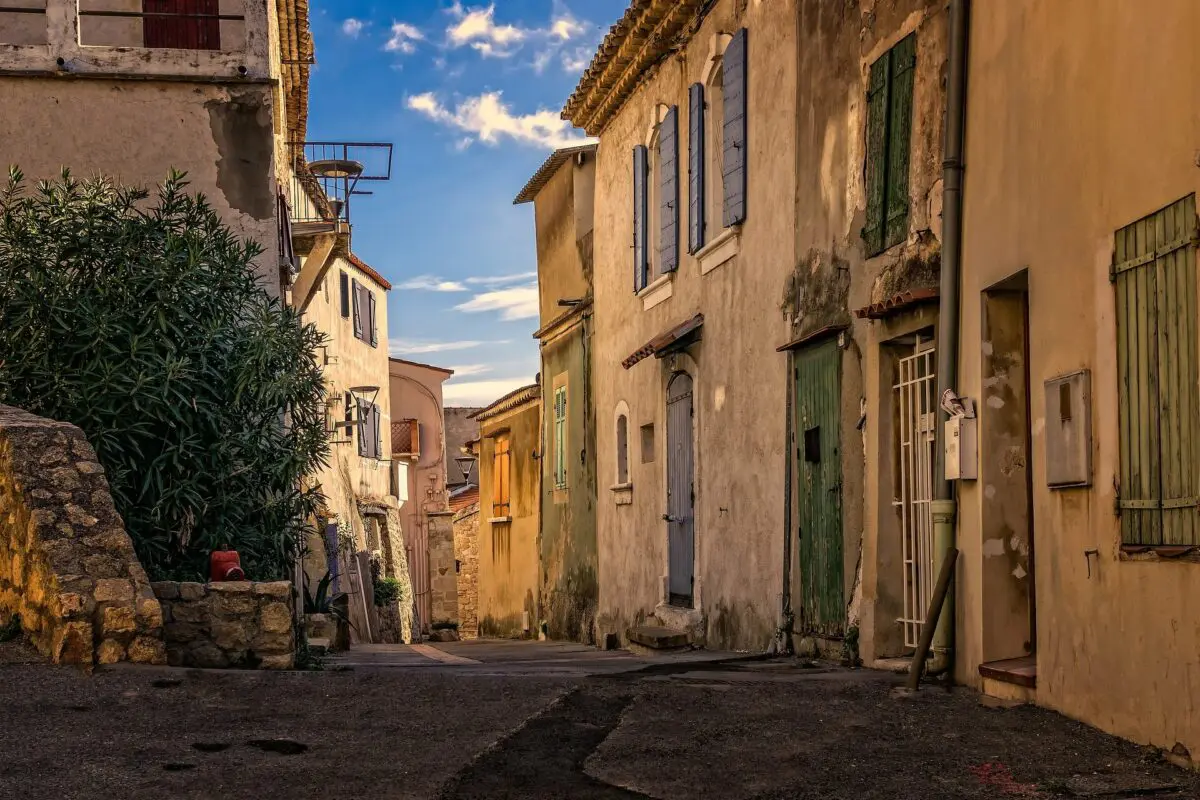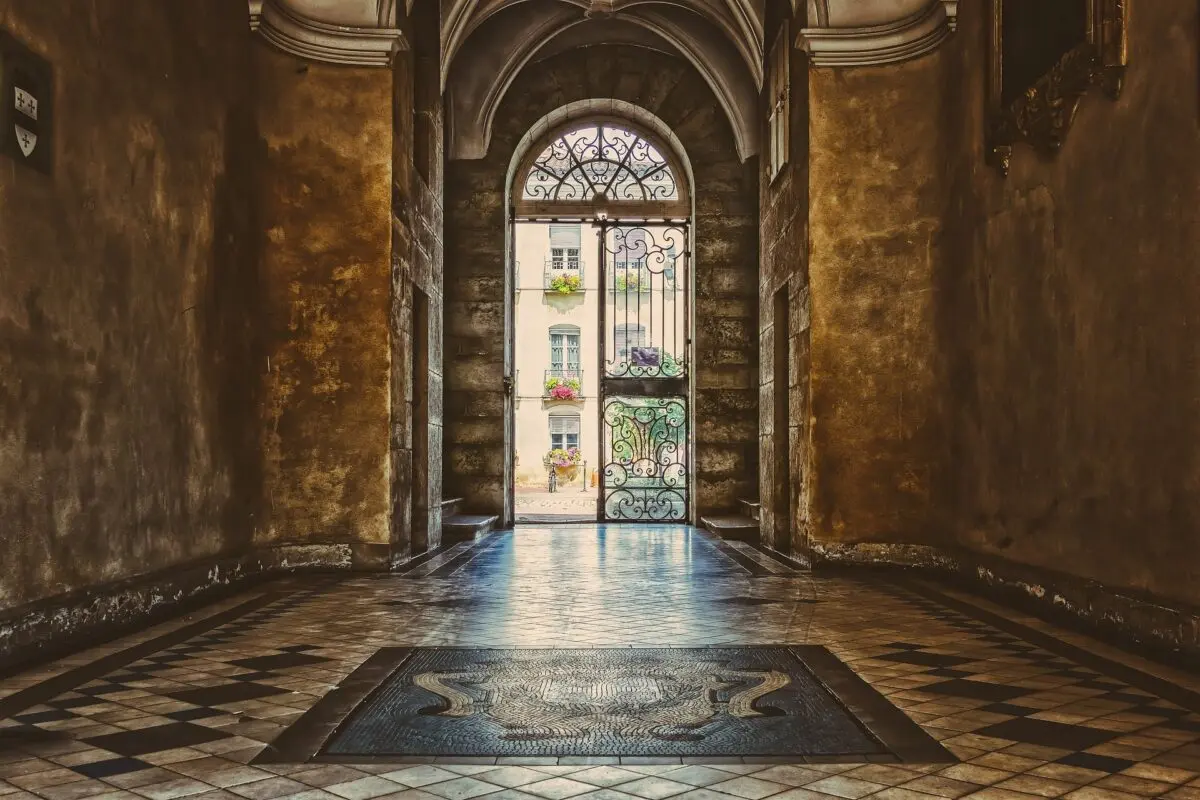Wherever you are looking to renest, buying a home is one of the biggest financial investments you will ever make.
Research suggests that a quarter of all homebuyers who fail to have a survey are forced to make unplanned building works to their property after purchase. Nobody wants to be left with a home that needs extensive repairs or one they can’t sell. By having a survey you’ll be armed with information on the condition of the property which puts you in a stronger position to decide whether to proceed with the purchase, or negotiate a better deal. Unless the property is extremely cheap, a proper pre-purchase survey often represents good value for money.
But while pre-purchase inspections may be the norm in your home country, you’re likely to raise some eyebrows if you mention it to a French seller or real estate agent. French buyers rarely commission a pre-purchase survey, mainly for two reasons. Firstly, in France the owner must provide up to 10 valid diagnostic reports on the property before sale and even rental. These cover:
- Risk of exposure to lead
- Presence of asbestos
- Presence of termites
- State of the gas installation
- State of the electrical installation
- State of the septic tank
- Environmental risks
- Presence of the ‘mérule’ parasite
- Noise pollution from an airport
- Energetic performance
The diagnostic dossier (DDT) does NOT cover the structural integrity of the property, the state of the roof, whether there is adequate drainage, the integrity of the swimming pool or retaining walls, etc. Unforeseen problems in any of these areas could cost a lot of money to remediate.
Secondly, there isn’t a body to license chartered surveyors in France. Many French architects do offer to do a form of valuation – an expertise, but their inspections are brief, and the reports are often verbal and in French.
Surveyors in France
For English speaking buyers, an English speaking surveyor is an obvious choice, simply to understand ‘the small print’ of a very technical and crucially important report. Look for a bilingual Chartered Building Surveyor with understanding of French building practices.
Be aware, though, that anyone can call themselves a building surveyor, and some 134,000 chartered surveyors belong to the UK’s RICS Building Surveying Group. Worldwide, less than 50% are specially qualified as Chartered Building Surveyors and relatively few of those are registered in the whole of France.
You’ll be able to find a surveyor in the area of your property via this link: https://www.rics.org/uk/find-a-member
Shabby chic?
Classic issues with French properties include
- Roofing
- Electrical problems
- Drainage (particularly in rural areas)
- Dampness
- Insect infestations
Ian Morris is a FRICS qualified Chartered Building Surveyor in southern France. He explains
“By and large, and sad to say, the French don’t look after their houses very well. A pre-purchase survey is not essential or mandatory, but it is certainly advisable. Carried out by a properly qualified and experienced surveyor it will identify any problem areas, or potential problems, which might involve you in expense now or in the foreseeable future. It will also put any such problems into context, telling you which are serious and which are not. If nothing else it will give you confidence and peace of mind about your intended purchase. Building construction (including water supply, electricity services and, above all, drainage) in France differs from that in your home country and you should therefore choose a surveyor with proven experience and a good track record of surveying French property”.
Other ways a Building Surveyor can help
Accepting a new building
If you are buying a newly built house, and are being asked to sign an acceptance document, a surveyor can accompany you to the “handover” appointment to see that everything is as it should be; he will discuss any relevant items with the builder on your behalf and will, if required, produce a “snagging list” in French.
General building advice
Unfortunately a building survey cannot be done from photographs and videos alone. A visit is required to check everything from top to bottom, inside and out! Depending on the size of the property a survey can sometimes take several days. However, it is possible to consult a surveyor on French building issues, particularly to understand the differences between how French properties are constructed and things you can do to restore or keep your own home in good order.
And now the good news!
Whilst a survey may provide you with a list of concerns or reasons not to go ahead with a purchase, it can equally serve to give you an ‘all clear’ on the property of your dreams!
Many older properties may ‘look’ run down or structurally unsound, but a qualified surveyor can diagnose the degree to which those items are a serious risk or simply aesthetic. It may give you the assurance you need to purchase the new French nest of your dreams!
And the even better news?
If you are trying to find your French dream home, Renestance can act on your behalf in all aspects of the pre- and post-purchase process. Not only will we find your new nest but also the right surveyor to check it’s a sound investment.
Dennelle is the President of Renestance and a bilingual American who’s lived in France since 2000. She loves so many things about France, its language, culture, geography, quality of life... that she started a business to help others realize their dreams of living in this incredible place.
All articles by: Dennelle Taylor Nizoux




